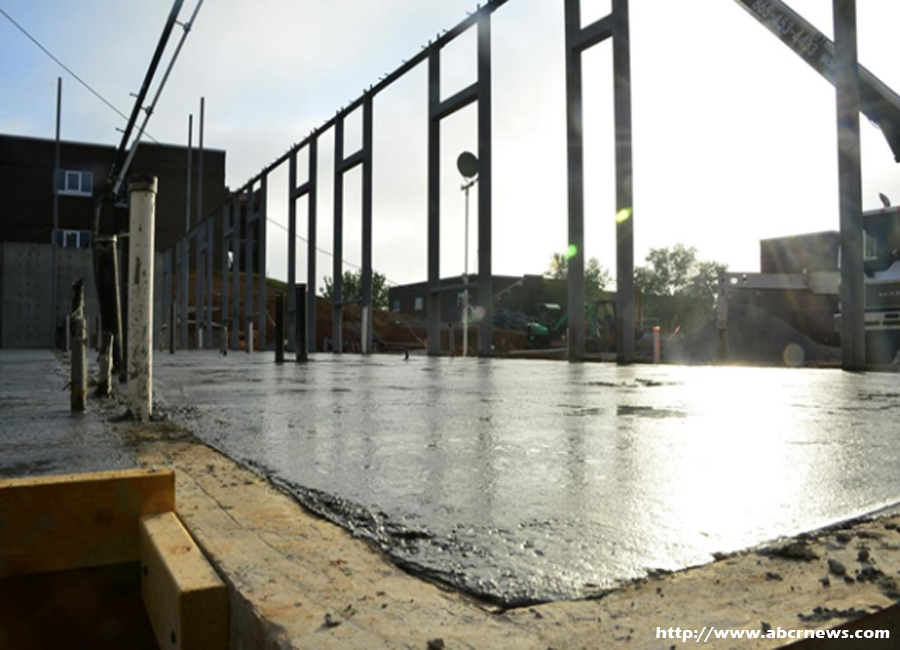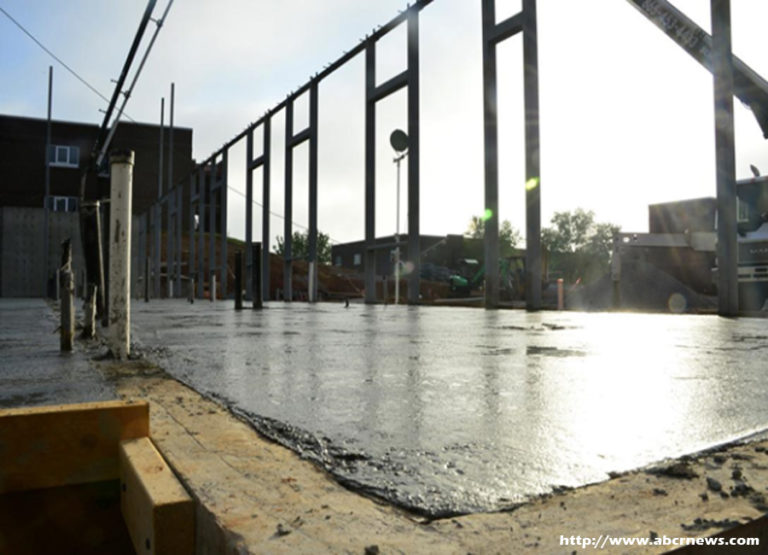Environmental issues and green products are a hot topic in this day and age. Protecting our planet is not only the “hip” thing to do but also the right thing to do. It is the duty of every vendor, manufacturer and entrepreneur to understand the ecological impact of his business.
In trying to determine whether concrete is really a green product, one of the first pieces of the puzzle for me is that the material itself is organic in the sense that it comes from natural products. Concrete has been around for centuries. It was used in ancient times and was the basic ingredient for Roman aqueducts, and was used in the Coliseum and Pantheon. The basic mixture of sand, stone and cement is still the basis of concrete today.
Making concrete is not really something that would be considered planet-friendly because it began with the blasting of limestone in mines to make cement, a material that binds concrete. Cement powder is mixed with water which allows it to be bound with sand or gravel. The combination of mining, manufacturing and transporting materials to a concrete plant and then transporting it to employment does not match what would be considered a good ecological pattern. On a positive note, concrete uses local resources that minimize fuel requirements for handling and transportation, but on the other hand there are concerns to be addressed with the alkalinity of washing water used for cement and concrete production.

After being used in construction, concrete tends to last and even strengthen in time and offer significant energy savings throughout the lifetime of the building or pavement. The thermal mass of concrete, together with insulating material, provides a high insulation factor and moderates changes in temperature by storing and releasing the energy needed for heating and cooling, therefore using less energy to heat or cool buildings. Concrete durability conserves resources by reducing maintenance and the need for reconstruction.
My final step is to look at the existing recycled concrete. Concrete is the main ingredient in new construction, but concrete also plays an important role in the renovation and beauty of existing residential and commercial sites. Old concrete is recycled but cannot be recycled into new concrete. Can be crushed to be used as an aggregate in new concrete or as a filler or base material for roads, walkways and concrete slabs. Recyclable concrete is limited because its chemical properties change over time and with every processing. In North Carolina it’s easy to find a recycling center to sell old materials.
As stated in [:] “The concrete industry also uses industrial waste by-products such as fly ash (from burning coal) and slag furnace slasts (made in iron factories) to be part of the cement used in producing concrete. The use of these by-products in concrete prevents 15 million metric tons of waste material from entering the landfill, utilizing this “additional cement material” as a substitute for cement increases the strength and durability of the concrete and also reduces the CO2 contained in concrete by 70%, with typical values ranging from 15% to 40%. “
In short, when I ask myself whether concrete is a green product, it’s in the sense that it lasts with a little maintenance for years, that it’s a reusable building product, and that its resources come from the local area. An example of concrete in the most environmentally friendly form is a building in Berkeley, CA that receives the highest LEED certification and uses “concrete with slag to significantly reduce CO2 and cement content, and to increase strength.” There are many problems that need to be resolved to make concrete products more environmentally friendly, but it also appears that the industry is sensitive to environmental problems and is trying to improve its track record.
As a consumer, you should consult with your concrete contractor to resolve any issues regarding the environmental impact of your concrete products.














